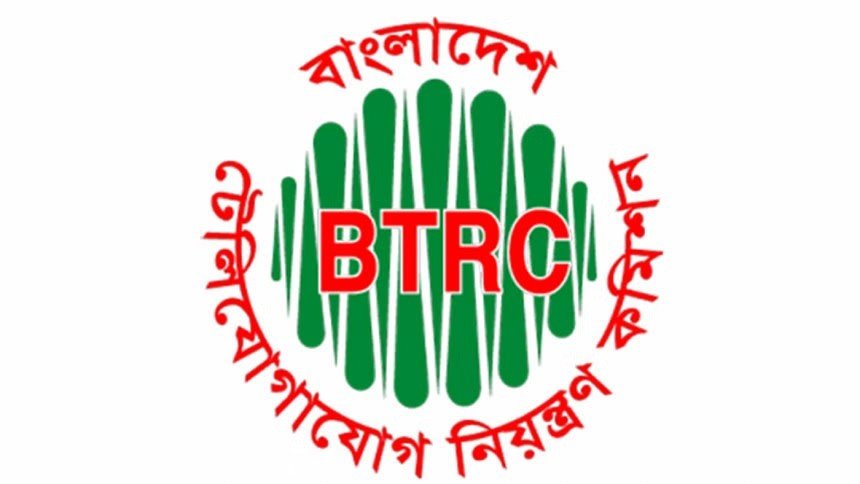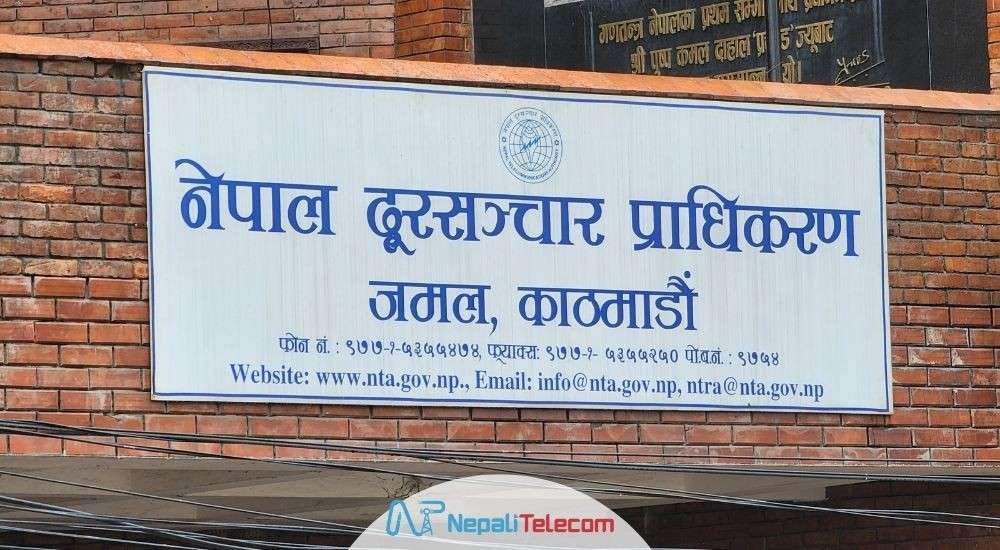The Bangladesh Telecommunication Regulatory Commission (BTRC) has opposed a government proposal to grant it partial autonomy while keeping key regulatory powers—particularly over state-owned telecom companies—under the Posts and Telecommunications Division. In an August 12 response, the BTRC warned that retaining ministerial control over state-owned operators would undermine fair competition, distort the market, and deter private investment.
The proposal, issued on July 28 by the division under the instruction of Faiz Ahmad Taiyeb, special assistant to the chief adviser for telecom and ICT, called for amendments granting BTRC some independence but leaving strategic decisions for six state-owned entities in ministry hands. Taiyeb argued that ministry oversight is necessary to protect government interests, coordinate across ministries, and safeguard the strategic role of public operators.
BTRC countered that the current framework, shaped by the Bangladesh Telecommunication (Amendment) Act, 2010, already limits its independence and has led to bureaucratic delays, favouritism, and investment barriers. It called for repealing the 2010 amendment and adopting a modern legal framework ensuring both autonomy and accountability, with full control over licensing, enforcement, and market oversight.
The regulator also recommended revising clauses on internet shutdowns to prevent arbitrary restrictions, and reviewing lawful interception provisions in consultation with security agencies to maintain its operational role. It suggested that parliamentary committees or expert bodies could review its activities periodically to ensure accountability.
Taiyeb, however, warned that unchecked independence could lead to abuse, citing past “mismanagement” during the Awami League’s tenure, when BTRC issued 3,573 licences. He said constitutional and administrative safeguards must accompany any autonomy to avoid “disaster.”















